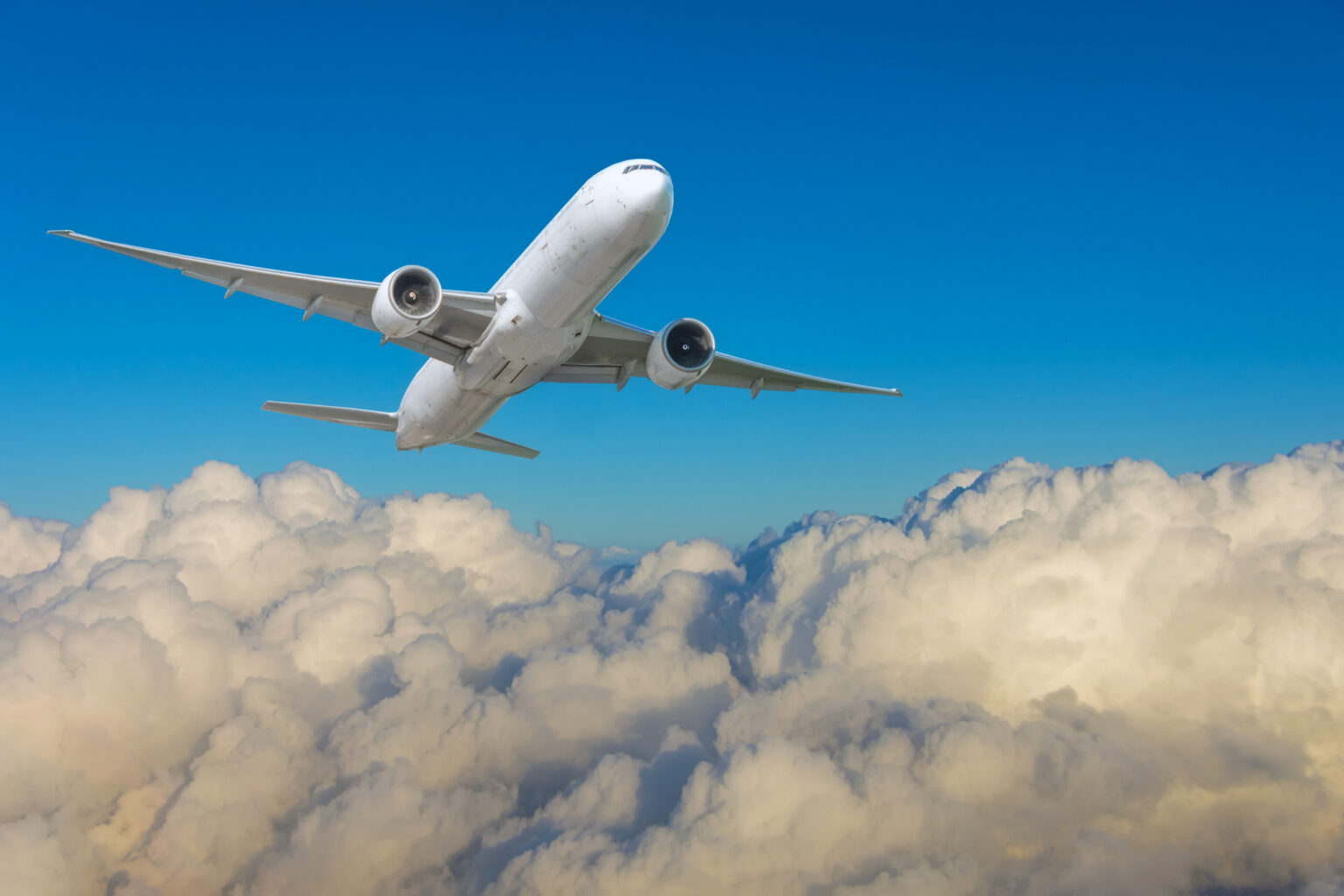International carriers are reporting weaker demand for flights to and from the United States, with several pointing to immigration policies and tighter border checks under the Trump administration.
Why It Matters
Since the beginning of President Donald Trump’s second term in January, reports have pointed to a rise in detentions, interrogations, and even deportations involving both international visitors and U.S. visa holders at the border, with numerous reports of people being questioned or denied entry based on material found on their devices.
Customs and Border Protection (CBP) officers have wide authority to inspect travelers’ phones and electronic devices when deciding whether to permit entry.
New visa restrictions aimed at international students have also discouraged travel.
Airlines Have Immigration Uncertainties
Turkish Airlines said some travelers are pushing back their plans because of increased scrutiny at U.S. entry points.
“In the second quarter, we began to experience negative impacts of the U.S. policy changes,” said Mehmet Fatih Korkmaz, the airline’s head of investor relations, during an earnings call. “In line with our comments in the last quarter, ethnic travelers have started to postpone their overseas plans due to increasing immigration scrutiny.”
Mexican carrier Volaris told investors that “U.S. immigration uncertainties may continue to influence demand in the near-term,” although “we see this as a manageable medium-term factor.”
Air France-KLM reported fewer connecting passengers from India and Africa heading to America.
“We see especially less connecting traffic now to the U.S. from countries like India and like Africa, also related to the situation in the U.S. and at the U.S. border and for instance, for international students at universities in the U.S.,” said chief financial officer Steven Zaat on July 31.
“In Canada, we have seen a significant drop-off in bookings. In Mexico, it’s kind of a mixed bag,” Delta President Glen Hauenstein said in an earnings call in April, adding: “I think we will be looking at Canada and Mexico as places that we probably want to reduce our capacity levels as we move forward.”
Reaction
Attorneys working in immigration law are seeing similar patterns among their clients.
“Since the drastic shift in the U.S. immigration policy, I noticed a tremendous decline in cross-border travel in my clients,” Natalia Polukhtin, founder of Global Practice, a Scottsdale-based immigration law firm, told Newsweek. “Many of them currently refrain from traveling or select different jurisdictions for business meetings just out of abundance of caution.
“Unpredictable and inconsistent application of admission policy at the ports of entry make people worry about the possibility of being detained, refused entry, having their electronic devices searched, or even simply inconvenienced by the questioning.”
The National Travel and Tourism Office said visits to the U.S. fell 3.4 percent in June, with 10 of the 20 largest source countries recording drops. A World Travel and Tourism Council (WTTC) study has estimated the U.S. could see a $12.5 billion loss in international spending this year.
Julia Simpson, WTTC president and CEO, said it could spell trouble for the overall U.S. economy.
“Without urgent action to restore international traveller confidence, it could take several years for the U.S. just to return to pre-pandemic levels of international visitor spend, not even the peak from 10 years ago. This is about growth in the U.S. economy—it is doable, but it needs leadership from D.C.”
Industry experts say the biggest challenge for airlines lies in how they respond.
“From the perspective of an operator in the travel industry, the external causes of declining demand are less relevant than the question of how the business responds,” Peter Follows, CEO of Carpedia International, a global business operations consulting firm that specializes in the aviation industry, told Newsweek.
“The challenge is to avoid a downward spiral of cost and service cuts. Pricing comes under pressure, and in response, airlines may trim routes, hotels may reduce the operating hours of ancillary services, and other providers often follow suit. Brand value takes years to build but can unravel surprisingly quickly.”
Read the full article here

